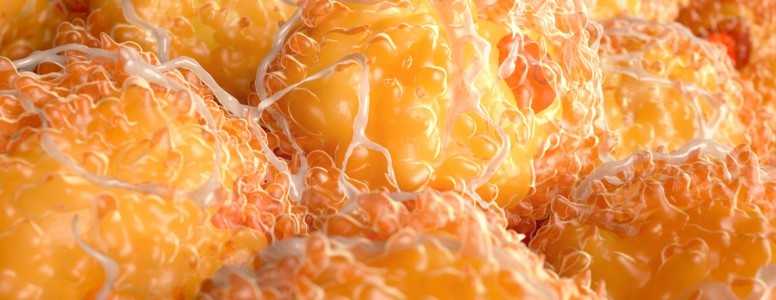US scientists have discovered a technique that could protect insulin-producing beta cells from destruction in type 1 diabetes.
The development is the culmination of a long-term goal for researchers at The Jackson Laboratory, Cyteir Therapeutics, which could lead to treatment options steered towards preventing type 1 diabetes.
The research focused on a type of white blood cells known as B cells or B lymphocytes, which have a significant role in the destruction of pancreatic beta cells which characterises type 1 diabetes.
“If you can target those antigen-presenting B cells, that could be potentially a very effective disease interventio,” said lead author Professor David Serreze, Ph.D.
“Our approach targets an appropriate population of the B-cells among the white blood cells, resulting in inactivation of the cascade of autoimmunity against the insulin-producing pancreatic beta cells, and hence subsequently blocking diabetes development.”
These B cells fail to carry glucose into cells, leaving glucose to accumulate into the blood. This can damage blood vessels, nerves and organs unless insulin treatment is administered.
To eliminate these cells, Serreze and colleagues used a gene manipulation approach to identify a certain metabolic target that would prevent the induction of diabetes.
They found that a specific pathway inhibitor (AID/RAD51) had larger populations of certain B cells in a group of non-obese diabetic (NOD) mice, compared with mice lacking diabetes.
These B cells had the capability to suppress T cell responses, greatly reducing type 1 diabetes development.
“To combat T1D, we’re taking out this whole pathway to block autoreactive cells,” added Serreze. “But on the flip side, you may want to keep this pathway active if you want to keep antitumor immune responses in place.
“Ultimately, this approach could potentially be applicable to any autoimmune disease that has a B-cell component.”
The findings appear online in the Journal of Immunology.
What's new on the forum? ⭐️
Get our free newsletters
Stay up to date with the latest news, research and breakthroughs.






